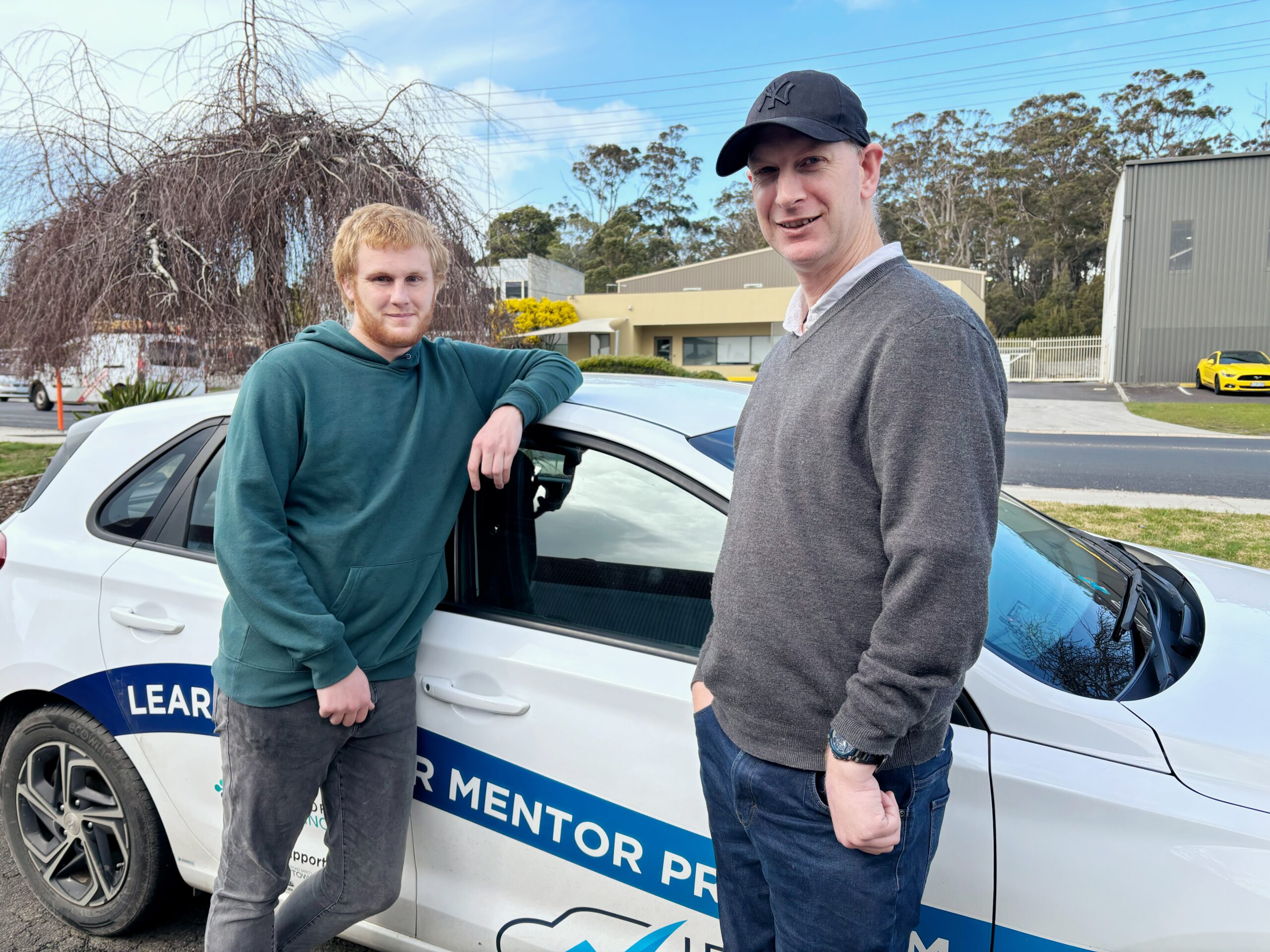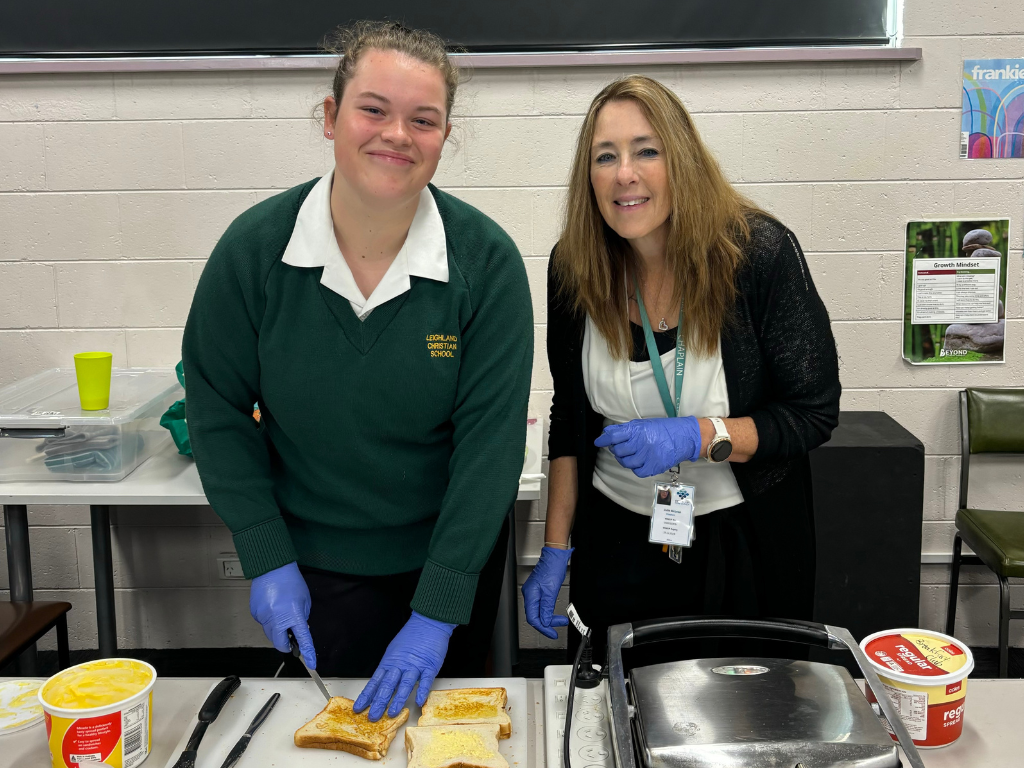Research on the benefits of mentoring affirms the importance of Devonport Chaplaincy’s mission to make life better through intentional, positive and sustainable relationships.
The study, published in the International Journal of Environmental Research and Public Health shows mentoring relationships of six months or longer significantly improve self esteem and well-being.
Citing various studies into mentoring, the report’s authors say: “Mentoring initiatives have shown to have multi-faceted and broad impacts on youth including improved social and academic achievement, reduced problem behaviour and improved psychological and physical well-being.”
“Longer relationships (six months or longer) seems to be associated with a higher positive impact on youth, academic, social and psychological outcomes.”
Other research confirms that youth mentoring also has a positive impact on the parents and families of those who are mentored.
Aussie youth struggling
The importance of stable, intentional and affirming relationships is also borne out in the annual Mission Australia youth survey which collates the views of 19,000 people aged between 15 and 19.
The 2023 survey shows almost half of Australian teenagers are most personally concerned about school, mental health and relationships. The school issue included study workload, learning difficulties and relationships with teachers and peers.
One-in-four respondents said they found it hard to turn to family and friends for help, with 20 percent describing their family relationships as “fair or poor”.
Mentoring works, CEO
Devonport Chaplaincy CEO Andrew Hillier said mentoring relationships provided an extra layer of support for children and young people who were experiencing learning difficulties, home problems, mental health struggles, or were making the transition into work.
He said he was not surprised that longer mentoring relationships had greater benefit.
“Like any worthwhile relationship, it takes time to develop respect and trust that leads to a willingness to share openly and deeply,” he said.
“The very act of turning up every week to listen without judgement, constantly encourage, ask good questions and remember what’s important to the mentee sends powerful messages to the young person that they are valued.
“Most of our mentors are involved in long term relationships, some starting in primary school and continuing into high school, college, and even beyond.
“Family problems, teenage angst and relational struggles are nothing new, but the current cost-of-living pressures, environmental concerns, war and community violence add layers of complexity that are adversely affecting mental health in unprecedented measure.”
Devonport Chaplaincy trains, supports and supervises student, workplace and learner-driver mentors, as well as mental health first aid training.
Andrew said Devonport Chaplaincy had a waiting list of students and young people wanting mentors.
To find out more about becoming a mentor, phone Devonport Chaplaincy on 6417 3175 or email admin@devonportchaplaincy.org.au
By Paul O’Rourke
More Stories like this…
Adam’s a patient hand behind the wheel
Learner driver mentor program manager Adam Lyall has helped 150 Tasmanians [...]
Toasties are legendary at Leighland breakfast club
The toastie production line is at breaking point as students wait [...]
Chaplain Sarah’s Prompting
Chaplain and mum Sarah Groenewold is taking part in this year’s [...]




